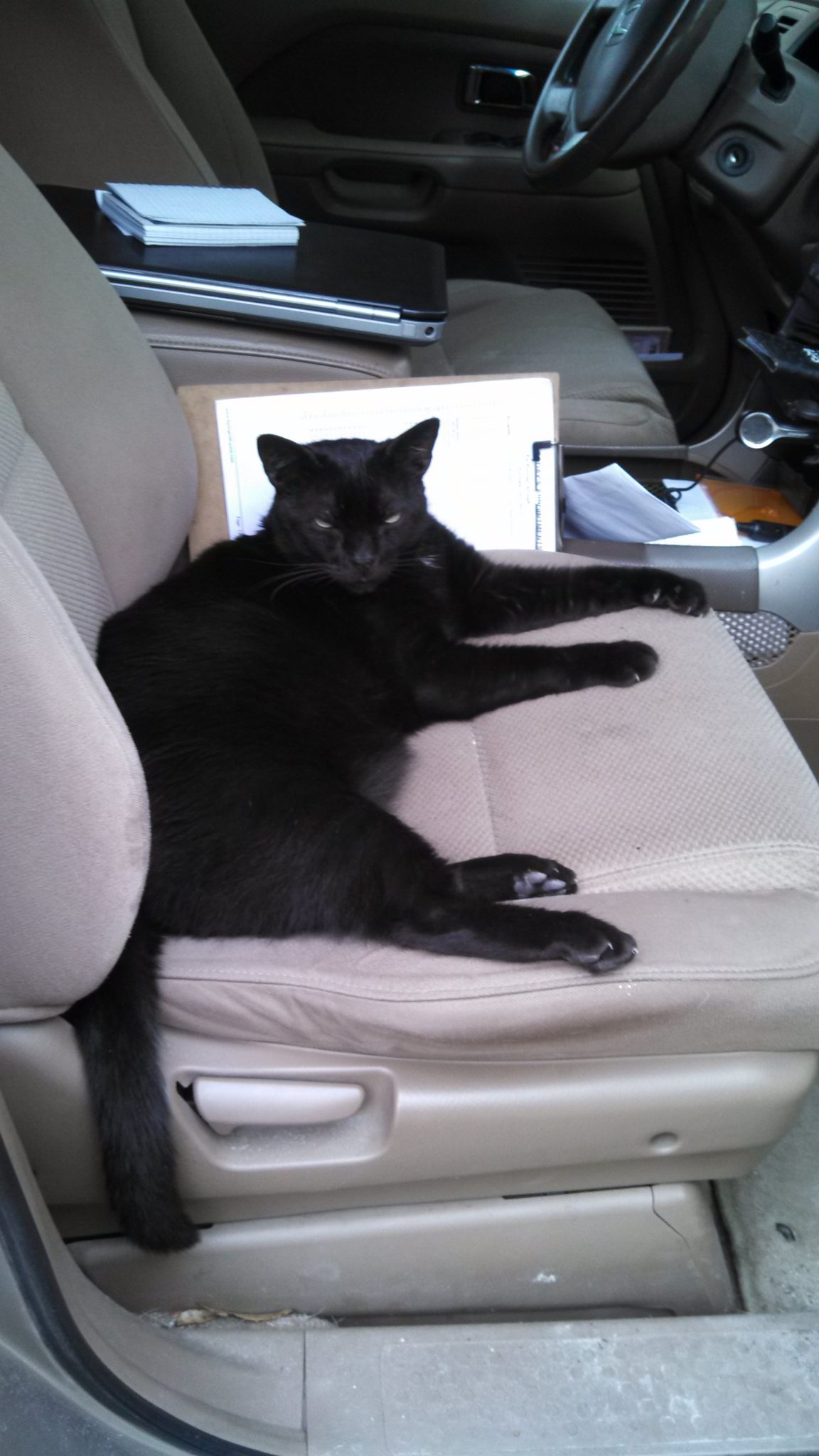I know my adoring fans are used to hearing me talk about blood, manure, urine, and infections. But today I am going to discuss one of the lesser blogged about bodily fluids of horses: sweat. I often see horses come through the clinic that are as sweaty as Steven Avery in Ken Kratz’s fake murder narrative (yes, I watched a lot of Netflix over Memorial Day Weekend). Sometimes I hear owners complain about their sweaty equid, questioning whether he could perhaps be sweating too much? The answer is a resounding NO! Remember folks, if you are a horse, sweating is definitely a good thing!
Horses need to sweat to cool off (another bad design in my estimation). We cats, being superior and well, clean, never sweat. We simply pant if we get overheated, or preferably just lay in the air conditioning all day. Where horses run into trouble is when their sweating mechanisms fail. This usually occurs due to chronic over-stimulation of sweat glands in warmer climates (i.e. Florida). Stress is also thought to play a role, but the source of stress can be as simple as hot weather! Ironic, right? Hot weather causes horses to stress out which makes them stop sweating which makes them even hotter. NOT the smartest species, obviously.
If you have a horse with anhidrosis, the technical term for non-sweating, you probably already know it. Look for signs like dry skin after a hard ride, sweating in patches instead of all over, increased breathing rate, and acting slow or lethargic in hot weather. If you suspect your horse may be a non-sweater, give our docs a call so they can check him out. Anhidrosis can lead to overheating. A temperature over 102.5 is always abnormal, and once it gets much higher horses are at risk of heatstroke and thermal damage. Yikes!
So, what can you do if your horse becomes a non-sweater or partial non-sweater? Most importantly, cool them off! This should go without saying, but if your horse is unable to sweat, you probably shouldn’t ride him for an hour outside at 2pm in July in Florida. Even a cat knows that. Try to ride in the early mornings or late evenings during the summer months, and if your horse begins to get overheated, cool him off as soon as possible with a bath, fans, shade, and cool water to drink.
There are several supplements available to treat anhidrosis as well, such as One AC, Platinum Refresh, and beer (yes, the alcoholic kind). Talk to the docs for their recommendation on what would be best for your horse. Hopefully horses will someday see the wisdom in my ways and learn to pant to cool off. Until then remember, sweat may be gross but it is more crucial than evidence in the Making A Murderer trial! Sorry, the Netflix…
Until next week!
-Tony

